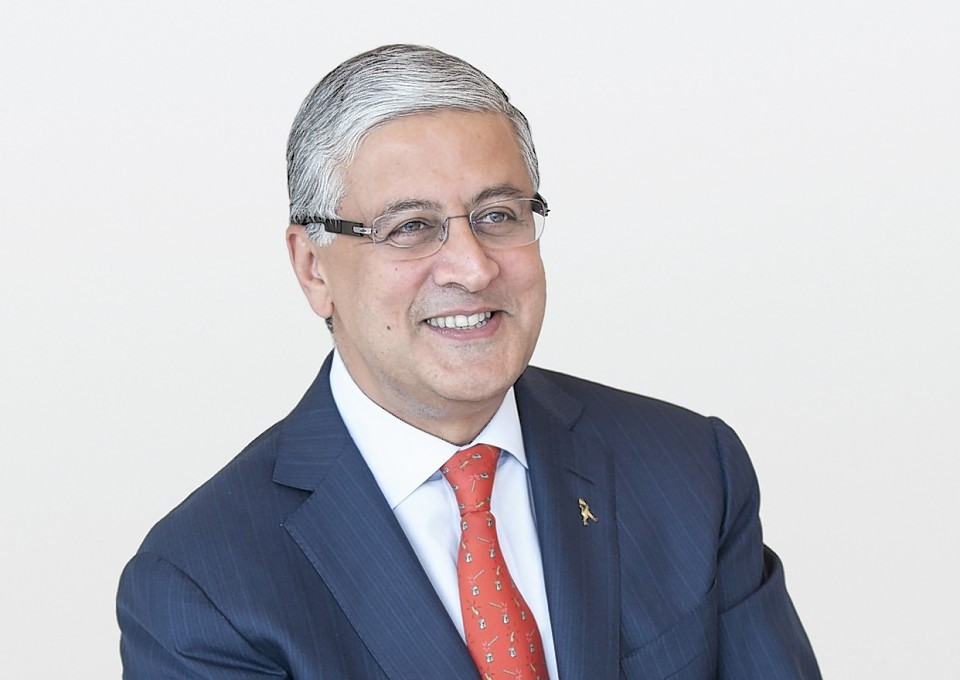Global alcoholic drinks giant Diageo reported net sales growth and said it is on course to deliver its 2017 growth plans as it published its full-year results yesterday.
The company, which operates 28 Scotch whisky distilleries and sells an array of famous single malts, also said it was working “closely with government and industry bodies to ensure its views are reflected in the transition process,” following the UK’s Brexit vote.
Diageo’s preliminary results for the year ended 30 June show net sales growth of 2.8%, although reported net sales declined by 3% as organic growth and acquisitions were offset by adverse exchange and disposals. Europe, Turkey and Russia was its best performing area for sales growth during the year.
Net sales in the UK for the period rose by 4% with 26% growth in the company’s reserve brands, including its Scotch malts. Bailey’s liqueur and Tanqueray gin were also among its most successful brands in growing net sales in the UK.
Scotch, which represents 24% of Diageo’s net sales was flat in the year. Net sales grew in North America, Europe and Latin America and the Caribbean, but declined in Africa and the Asia Pacific region, particularly in China and Korea. Strong growth in Johnnie Walker products helped drive a 7% global growth in net sales of reserve brands.
Driven by organic growth, acquisitions and lower exceptional operating charges, which fell from £269m in 2015 to £167m, the company’s operating profit grew 1.6% to £2.84bn, up from £2.8bn in the previous year.
Disposals during the year included the sales of the Gleneagles hotel and resort, in Perthshire, and Bushmills Irish whiskey, while the company acquired the remaining 50% share holding in the Don Julio Tequila brand and United National Breweries.
Earnings per share, excluding one-off items, increased 1% to 89.4p and the board recommended a final dividend increase of 5%, bringing the full-year dividend to 59.2p per share.
Diageo chief executive Ivan Menezes, said the results position the company well to deliver a stronger performance over the next year.
“This is a good set of results delivering what we set out to achieve this time last year and demonstrating our momentum,” said Mr Menezes.
“This better performance reflects the work we have done to strengthen our big brands through marketing and innovation, as well as expanding our distribution reach. Our six global brands and our US spirits business are all back in growth and we have seen a significant improvement in the performance of our scotch and beer portfolios.
“The delivery of volume growth; organic margin expansion; increased free cash flow; and the disposal of £1bn in non-core assets, comes from an everyday focus on efficiency in each aspect of our business.”
Looking ahead, he added: “These results position us well to deliver a stronger performance in F17. We are confident of achieving our objective of mid-single digit top line growth.”
Headquartered in London, Diageo has offices in 80 countries and is active in about 180 territories. With a worldwide workforce of 33,000, the company employs around 4,000 people in Scotland.
Its leading brand is Johnnie Walker, the best-selling blended Scotch whisky in the world. Other well-know whiskies produced by the company include J&B, Bells and The Singleton single malt distilled at Muir of Ord, Ross-shire.
The Diageo portfolio also includes Smirnoff vodka, Guinness stout and Captain Morgan rum.
Commenting on the post-Brexit outlook, the company said: “Following the UK’s vote to leave the EU, Diageo is working closely with government and industry bodies to ensure its views are reflected in the transition process.
“Diageo welcomes the formation of a specialist international trade department, as it is important for Diageo that the UK continues to benefit from open access to the EU as well as favourable international trade arrangements.”
Using current rates the company estimates the exchange rate movement for the year ending 30 June 2017 will “favourably impact” net sales by approximately £1.1bn and operating profit by approximately £370m and have an adverse impact of approximately £20m on net interest. This, they add, is “primarily driven by the weakness of sterling post the EU referendum.”
